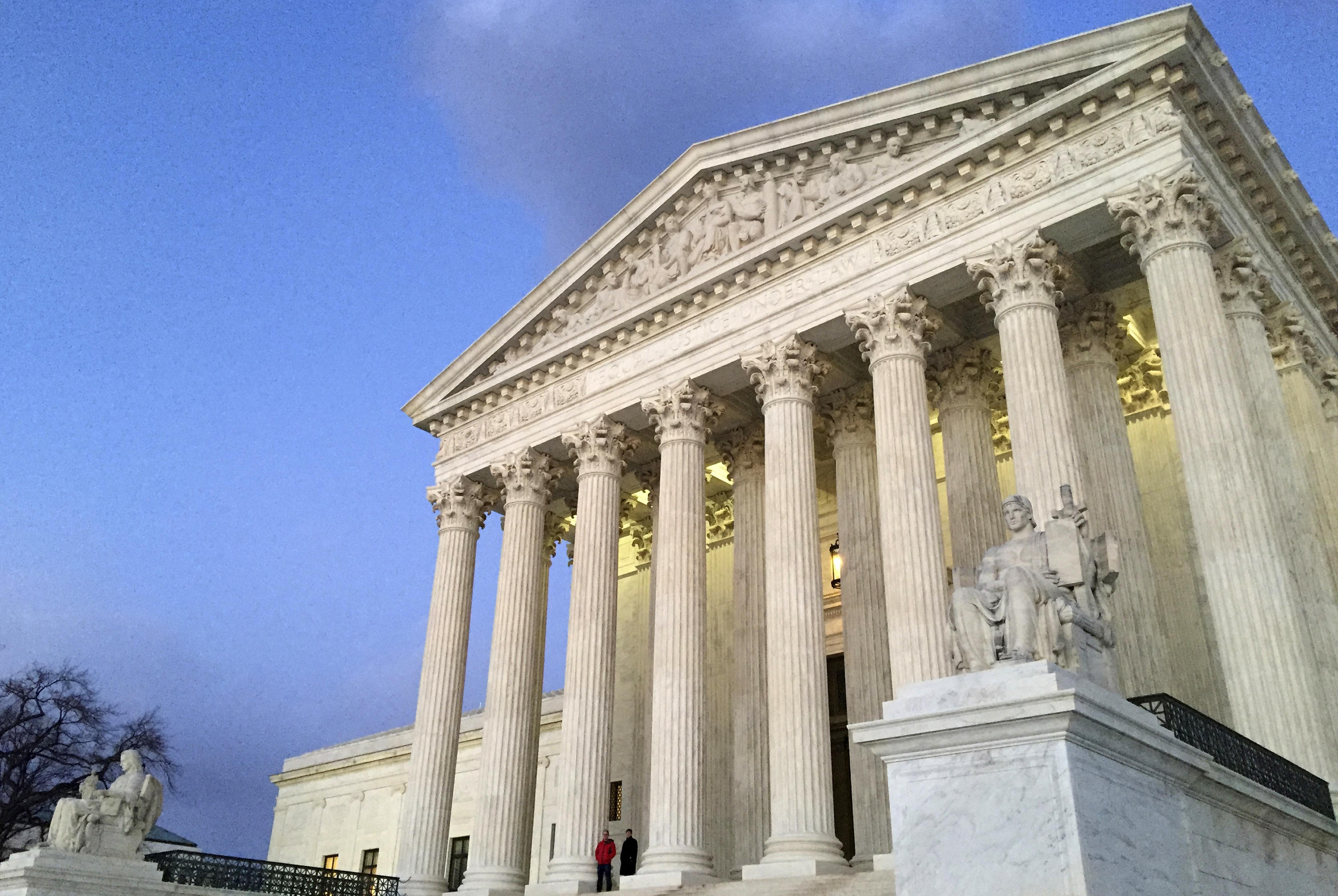NetChoice, a trade association that represents social media behemoths like Meta, TikTok, and X, filed an application with the court Monday asking it to block Mississippi’s “Walker Montgomery Protecting Children Online Act.”
The law mandates that all users verify their age before accessing social media platforms. For minors, it goes a step further, requiring companies to collect and verify parental consent using methods like scanned IDs, video calls or signed forms.
NetChoice argues that the law violates the First Amendment and could discourage both minors and adults from participating in protected online speech. In its original complaint, the group said the law would “chill” lawful speech and infringe on the right to access digital spaces anonymously.
Paul Taske, co-director of the NetChoice Litigation Center, described social media platforms as the digital equivalents to public spaces like a town square or library.
“The government can't require you to verify your identity or age when you do these sorts of things or go to these places in the physical world, and that doesn't change when you go to online spaces either,” Taske said,
The emergency filing comes just days after the Fifth Circuit Court of Appeals reversed a lower court decision that had temporarily blocked the law from taking effect. The panel issued a one-sentence order without explaining its reasoning, prompting NetChoice to ask the Supreme Court to reinstate the injunction while litigation proceeds.
Media law scholar Dylan McLemore, an associate professor at Oklahoma State University and a Mississippi native, said the move from the Fifth Circuit mirrors how it handled a similar case involving a Texas law in 2022. The Supreme Court later found that the lower court didn't properly review free speech issues.
“In that unanimous opinion, they essentially said we're going to explain how the First Amendment works at a very elementary level so that the Fifth Circuit can apply it properly next time, and yet here we are again in the exact same situation,” McLemore said.
While Mississippi’s law contains provisions McLemore says are on much stronger legal footing, like restrictions for data collection on minors, critics like NetChoice remain concerned about privacy risks for all users. The law requires companies to delete age verification data after use, but that could create legal vulnerabilities if companies later need to prove compliance.
“If you delete the data, then how do you know and how can you show that you verified the person’s age appropriately if the government comes calling?” Taske said.
A decision from the Supreme Court could come within days. If the justices grants NetChoice’s request, enforcement of the law would once again be paused while the case continues.




